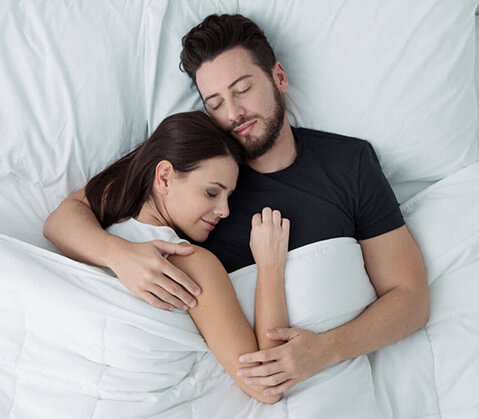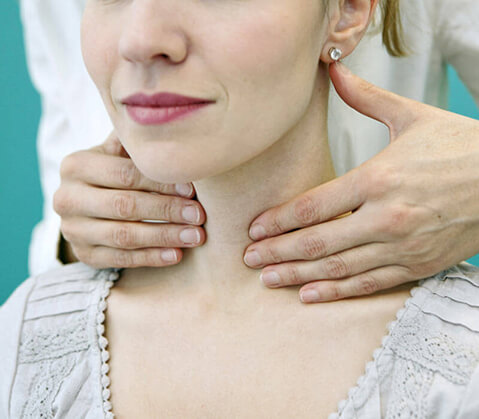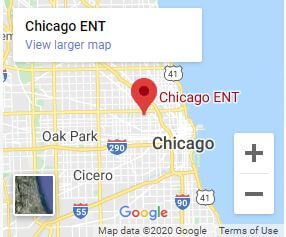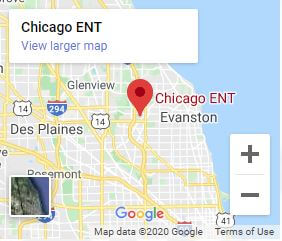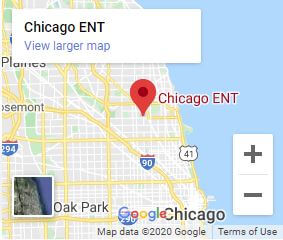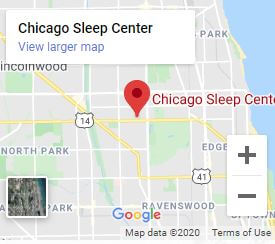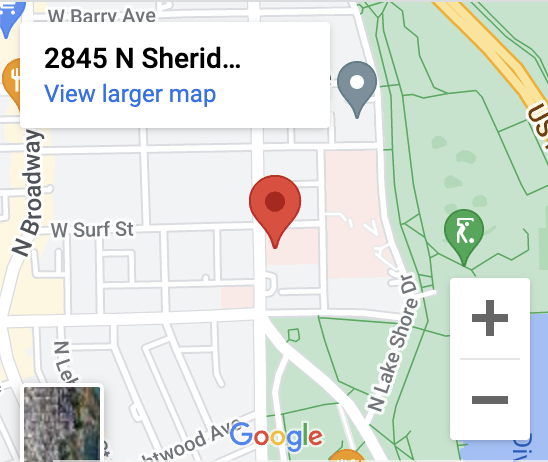The uncertainty brought about by COVID-19 has increased many people’s stress levels, which has impacted the quality of their sleep at night. For some people, this means it’s also exacerbated their sleep apnea.
Almost every aspect of our day-to-day life has been affected by the ongoing pandemic. Daily routines have been upended, forcing people to reimagine their schedules.
Combine that with stay-at-home orders, reduced travel, financial concerns, health anxiety, and you’re looking at heightened levels of worry and stress. Also, the lack of structure coupled with being constantly bombarded with information about COVID-19 can cause your mind to go into overdrive.
When this happens, it can disrupt your sleeping patterns. Keep reading to learn if stress can make your sleep apnea worse during the pandemic!
The Connection Between Sleep Apnea and Stress
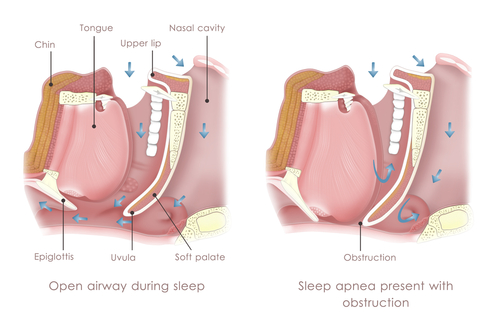
Sleep apnea is a serious sleep disorder that causes you to stop then restart breathing at night frequently. This can occur as many as a hundred times or more as you sleep.
The worst part? You can do this while you’re sleeping and not even know it. It is often due to the partial blocking of your airway, which obstructs the airflow.
Every break alerts your brain to send a signal that interferes with your sleep. When breathing resumes, you’ll usually sleep again. Every time your breathing starts back up, the cycle only repeats itself over again.
Any stressors are associated with worsening sleep apnea. Obstructive sleep apnea and stress may be linked when it comes to your health.
How well you sleep is affected by how healthy you are. Stress affects various aspects of your emotional, mental, and physical health, including sleep.
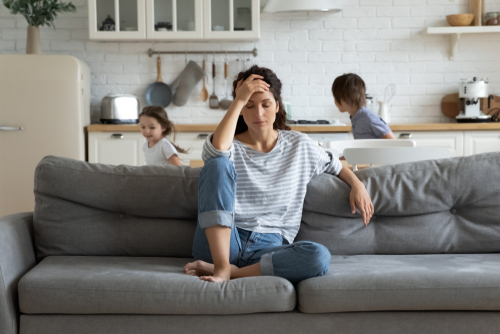
Further, stress can make you develop unhealthy habits. This includes things like overeating, smoking, drinking, consuming excess caffeine, and not exercising.
All of these habits can intensify sleep apnea. Lockdown situations, the disruption of your daily routines, and reduced social support systems because of social distancing have led to severe problems.
This includes reduced sunlight exposure, more screen time, and less physical activity. Taking part in more of these activities can contribute to lower sleep quality and intensifying your sleep apnea.
Not getting a good night’s sleep may lead to stress and anxiety. Combine that with the fact that you wake up at night to gasp for air, even if you’re not aware.
Waking up gasping for air leaves you feeling breathless and panicked once you’re awake. Getting such poor sleep compounds any stress you may be experiencing.
The result? A vicious cycle of interrupted sleep and never feeling well-rested when you wake up in the morning.
Symptoms of Sleep Apnea
The symptoms of sleep apnea can negatively impact your everyday life and include:
- Moodiness and irritability
- Obesity
- Metabolic diseases
- Daytime sleepiness
- Memory and attention deficits
- Metabolic diseases
- An increased risk of errors and accidents in your activities
- Higher risk of health problems like diabetes, heart disease, high blood pressure, and stroke
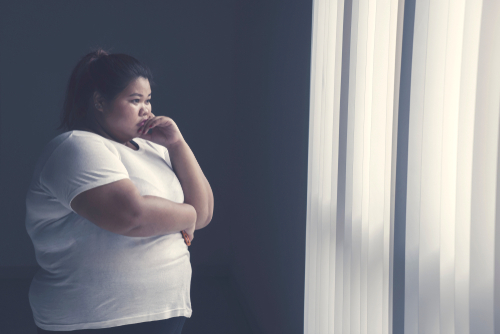
Reducing Stress During a Pandemic to Ensure A Good Night’s Sleep
Without certainty as to when the pandemic will be over, it’s imperative to reduce stress to improve your sleep apnea. Here’s how:
Identify Stressors
The first step should be to identify what is causing you stress, and from there, you can take steps to reduce it.
Do Not Be Afraid to Say No
Perhaps your stress stems from your inability to say no. For your well-being, it’s essential to learn to say no, especially when you’re overwhelmed. Don’t say yes to things even if it seems like you should. Learn to take time for yourself.

Get Support
Close family and friends can offer support that will go a long way in reducing your stress levels. If you’re feeling overwhelmed, consider talking to a therapist about the stress you are experiencing. Not only are they are a great resource, but they can provide you with exercises to help you feel less stressed out and other resources.
Exercise Moderately and Routinely
Frequently exercising loosens tight muscles and at the same time induces the release of endorphins, which are mood-boosting hormones, leading to lower stress levels. If you don’t love working out, even a brisk walk around the block is a great place to start when you’re feeling overwhelmed by the world around you.
Iron Out Personal Conflicts
As much as quarantine has enabled people to spend more time together, it has also put a strain on so many relationships. Learning how to resolve conflicts as they arise amicably is crucial.
If you can’t do it on your own, consider a psychologist who can help you work through your problems. Keeping things bottled up isn’t healthy, especially if your stress affects your ability to get a good night’s sleep.
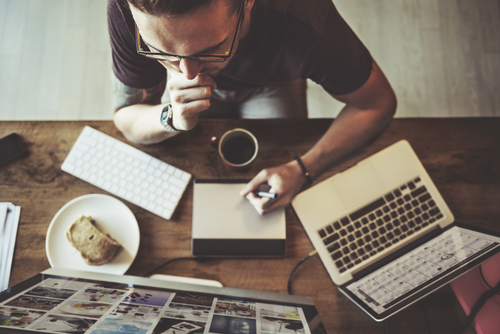
Control Your Workload
It’s vital to establish a sustainable work-life balance, more so now that many are working from home while trying to juggle taking care of their families. If you’ve realized that work is elevating your stress levels, don’t take on new responsibilities and avoid working for long hours.
If you work from home, remember to log off and take a break from your screens.
Spend Time Doing the Things You Love
Doing the things you enjoy, such as connecting with family and friends online, reading, and listening to music, can help you de-stress. Spend less time dwelling on the things you can’t control and instead enjoy the things you can manage and enjoy doing.
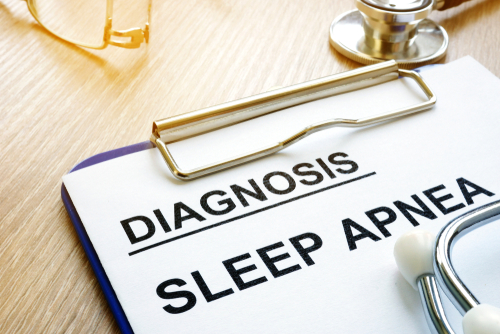
See a Sleep Apnea Specialist
Receiving treatment for sleep apnea can enable you to sleep better, feel less stressed, and function well the next day. You do not have to let the stress of the ongoing pandemic get in the way of a good night’s sleep.
Our team of professional sleep experts including sleep dentists, ENTS, allergists, and head and neck surgeons at Chicago ENT provide top-of-the-line treatment for sleep apnea to ensure you get a restful night of sleep. If you’re tired of feeling exhausted all the time, we’re here to help.
Schedule an appointment at Chicago ENT to finally remember what a good night’s sleep can feel like!


